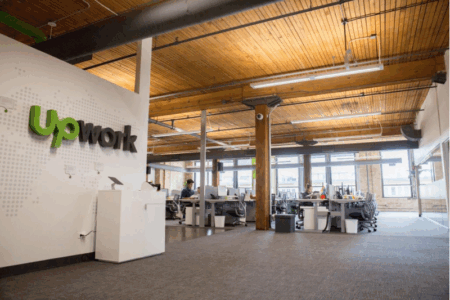Investors must be feeling understandably worried now. Especially REIT investors.
Amid the COVID-19 outbreak, companies are struggling to survive as their revenues plummet and cash flows dry up.
REITs, in particular, are facing a severe test of their income-generating ability.
Traditionally, REITs are seen as reliable investments based on a simple idea. Valuable real estate is bundled together in the form of a trust structure to deliver stable distributions to unit-holders.
However, these distributions are dependent on rental income collected from tenants within the REIT’s portfolio of properties.
Now, that model is under threat.
The COVID-19 crisis has cut off the cash flow of many businesses, including the REITs’ tenants. The dire situation is causing investors to question if REITs are indeed as safe as they are touted to be.
So, is the REIT model permanently broken? Or is this crisis just a temporary phenomenon that will pass in due course?
A decline in distributable income
First off, it’s important to recognise that the vast majority of REITs will report declines in distributable income.
This phenomenon is directly related to the troubles tenants face in keeping up with rental payments.
Already, SPH REIT (SGX: SK6U) has slashed its distribution per unit (DPU) by 80% in anticipation of weakness in the REIT’s financial performance in subsequent quarters.
Hardly any REIT is immune to the drop in rental income as most industries are either directly or indirectly impacted.
Investors should brace themselves for declines in DPU across many REITs and be prepared for reduced levels of passive income this year, and maybe even moving into next year.
Weakened financial and operating metrics
REITs that report a decline in both distributable income and DPU may also suffer from weakened financial and operating metrics.
Factors such as occupancy rates, rental reversion and gearing ratio determine the overall health of the REIT.
Tenants will vacate the properties in the REITs’ portfolios if they are unable to service the rental, negatively impacting the occupancy rate.
Rental reversion will turn negative as the accumulated vacancies lead to a supply glut of retail, industrial and office space.
As rentals decline, REIT valuations could be pressured.
In turn, gearing ratio may rise if the market value of properties within the portfolio is revalued downwards.
If the REIT’s gearing gets too close to the statutory limit of 45%, it will not have any leeway to borrow more.
Permanent or temporary?
Investors will have to determine if these impacts are permanent or temporary.
Some of these negative effects are likely to be temporary. but REIT managers will have to actively manage the challenges while waiting for an economic recovery.
New tenants can be found to replace weaker ones, while reversion rates generally do recover once the economy bounces back.
However, investors should note that some REITs may be faced with an inability to refinance their loans, which could lead to right issues that could be dilutive.
Is the REIT model broken?
The above red flags sound alarming.
Investors may wonder if the REIT model is broken, as the very core of their existence is now being threatened.
My answer to that is … not by a long shot.
Indeed, REITs are facing a tough situation, remember that the real estate they own still holds its value, especially if the assets are located in prime areas.
There is no doubt that DPU and rental income will decline during this period.
But I argue that the basic premise for investing in REITs remains rock-solid — REITs will continue to function as effective yield instruments once the crisis passes.
Investors should view the pandemic as being temporary. Well-managed REITs should be able to recover once the economy returns to normal.
Get Smart: Stick with the strongest REITs
REIT investors should, therefore, choose their REITs wisely.
Most will come under pressure and some REITs might not survive the fallout.
They should avoid those with serious underlying issues and poor financial metrics.
Instead, they should target REITs with strong, reputable sponsors and quality assets.
For such REITs, the business model remains intact, and investors can enjoy a peaceful night’s sleep.
With share prices battered to multi-year lows, many attractive investment opportunities have emerged. In a special FREE report, we show you 3 stocks that we think will be suitable for our portfolio. Simply click here to scoop up your FREE copy… before the next stock market rally.
Disclaimer: Royston Yang does not own shares in any of the companies mentioned.




